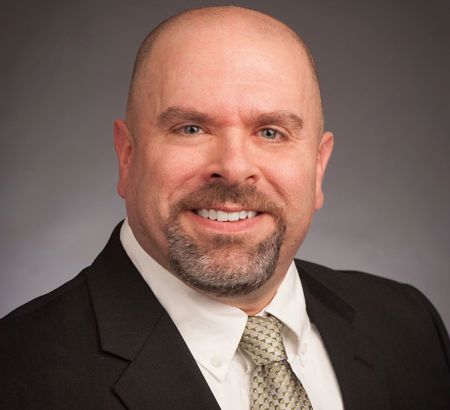
Duane Hyer
Contents Appraiser
dhyer@sill.com Email https://www.linkedin.com/in/duane-hyer-2206098b/ LinkedIn
Prior to joining Sill as a contents appraiser, Duane was a contents appraiser for American Claims Management Services (ACMS), a well-known public adjusting firm located in the Baltimore and Washington DC area.
Duane has over 18 years of experience in the insurance industry and has been a licensed adjuster for seven years. He has extensive end-to-end experience in inventory pricing and claim preparation for both residential and commercial claims.
Sill is the leading public adjusting firm in North America because we have the ability to handle every aspect of an insurance claim. When you work with Sill we can settle your claim faster than you would be able to do on your own.
Latest News
Cold snaps can cause hidden damage to commercial properties, even when buildings appear unaffected at first glance. From frozen pipes to roof and drainage issues, winter weather can create costly problems that surface days or weeks later. Learn what to look for after a cold snap and how early documentation can help protect your business and keep the insurance process moving smoothly.
Frozen pipes can quickly lead to burst plumbing and costly water damage. This homeowner’s guide explains why pipes freeze, how to prevent damage, what to do in an emergency, and how to protect your insurance claim if your property is affected.
When a catastrophic fire tore through Frank Brand Dairies in April 2023—destroying 2.2 million square feet of facilities and nearly 20,000 cattle—the Brand family faced an overwhelming path to recovery. Unsure where to begin, they turned to Sill Public Adjusters. With expert guidance, strategic claim management, and unwavering advocacy, Sill helped secure the funds necessary to rebuild and restore their agricultural operation.


